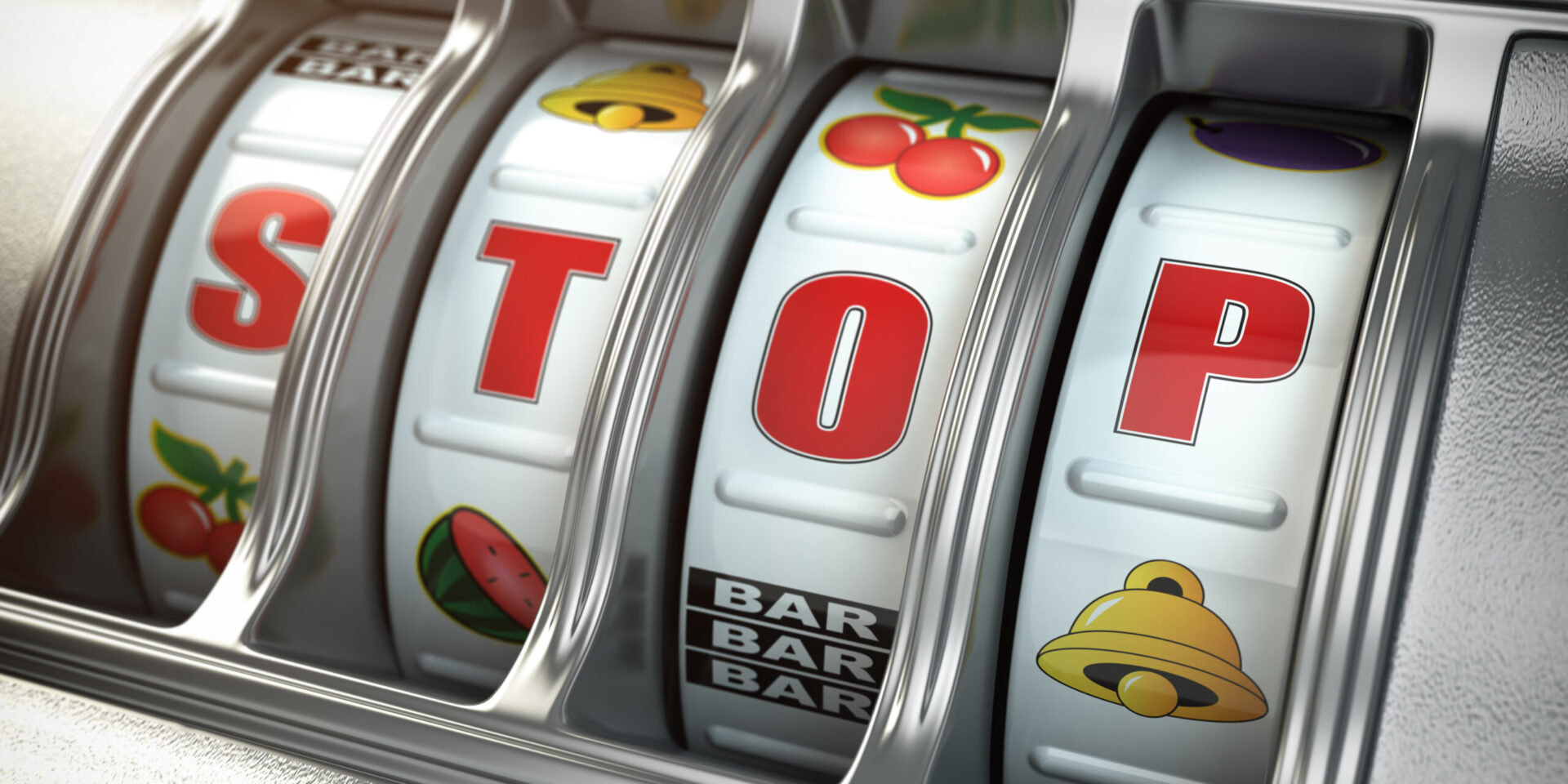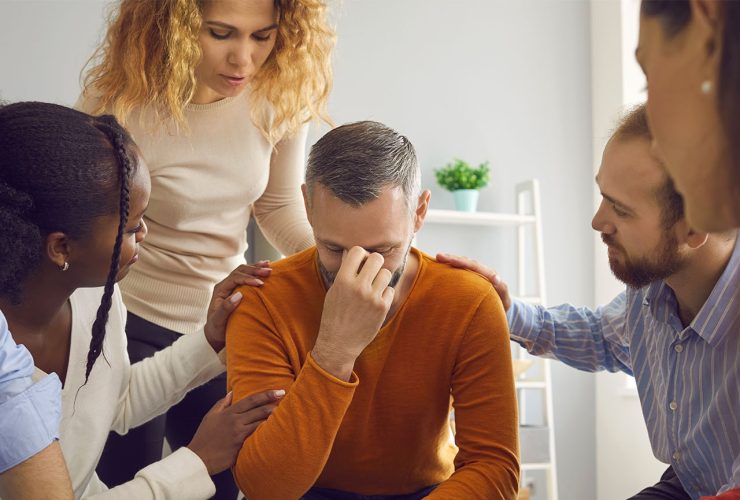Activities for Problem Gamblers: How to Deal with Gambling Addiction
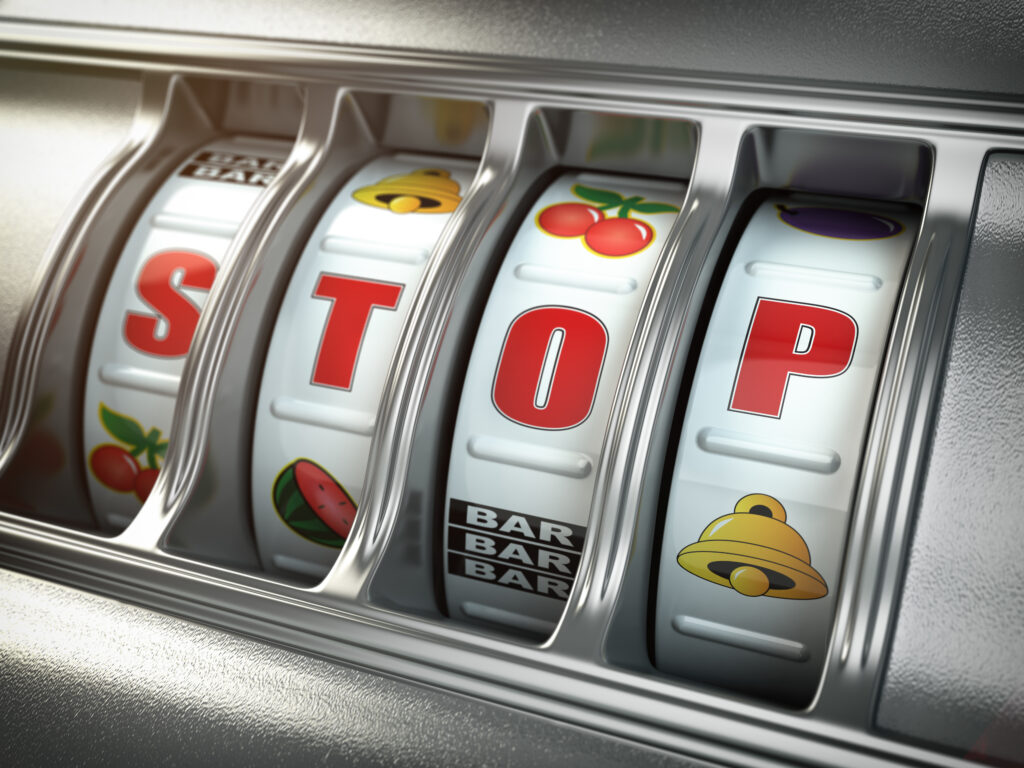
Finding activities for problem gamblers is vital in their recovery. There are many activities that people with gambling addictions can do so that they can take their minds off from going back to the casino. We will cover those in this article. If you think you have a gambling problem, you can try the suggestions we have here and see which ones work for you best.
Signs of Gambling Addiction
Gambling issues can occur to anyone from any line of work. Your gambling starts from a pleasant, safe entertainment to an unhealthy fascination with severe consequences. It may seem like it is a challenge to stop such gambling obsession. But there are many ways that you can try to overcome the issue. You can start fixing finances and relationships, and ultimately regain control of your life.
Check these signs of gambling addiction to see if you have become a problem gambler.
- Gambling to avoid problems or alleviate feelings of loneliness, anxiety, helplessness, and guilt
- Overthinking about gambling, such as always planning how to obtain more money from gambling
- Feeling annoyed or anxious when you try to limit your gambling practices
- Attempting to manage, lessen or cease from gambling, without success
- Trying to take back or chase the lost bet by gambling even more
- Wanting to gamble with rising amounts of money to achieve the same excitement
- Resorting to fraud or theft to acquire money for gambling
- Endangering or losing meaningful relationships, school, a job, or work opportunities due to gambling habits
- Lying to your friends and family to conceal the magnitude of your gambling habit
Related article: Behavioural Therapies for Gambling Addiction
What are the Risk Factors of Gambling?
Although many people who merely play cards or bet never acquire a gambling issue, there are particular factors which associate with habitual gambling. Here are some of them:
Unique personality traits
Being extremely competitive, impulsive, restless, hard worker, or quickly becoming uninterested in things may double your chances of acquiring gambling problems.
Age
Habitual gambling is more prevalent from early to middle-aged adults. Exposure to gambling at a young age or teenage years raises the chance of having gambling problems. Nevertheless, chronic gambling in the older population community can also be an issue.
Gender
Gambling problems are more common in men than in women. Ladies who gamble usually commence later in life and might become addicted to it a bit faster. However, gambling patterns between women and men have surprisingly become alike.
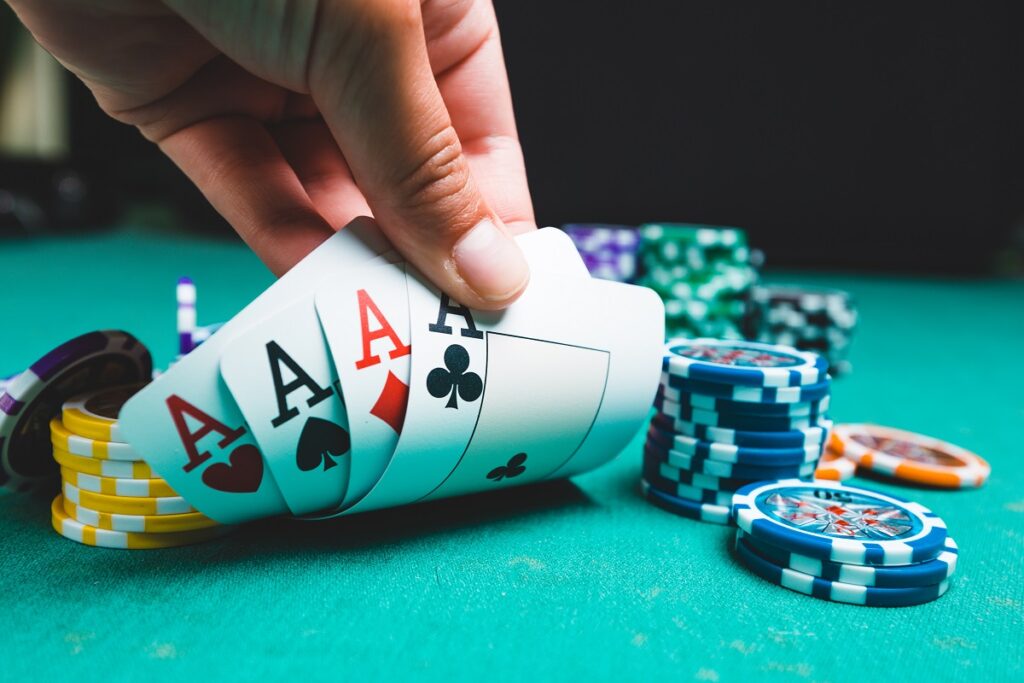
Influence from friends or family
If your friends or family members have a particular gambling issue, the odds are higher that you will develop it, as well.
Mental health conditions
People who compulsively gamble tend to have personality disorders, anxiety, loneliness, or problems with substance abuse. Habitual gambling may also associate with OCD (Obsessive-Compulsive Disorder), ADHD (Attention Deficit Hyperactivity Disorder), or Bipolar Disorder.
Although there is no proven method to stop compulsive gambling, educational programs that focus on groups and individuals at risk may be helpful. Other activities for problem gamblers will also aid them to divert their attention to other things.
How to Deal with Gambling Addiction
If you believe you have risk factors for obsessive gambling, think about avoiding any form of gambling, places where gambling happens, and people who gamble. The most practical thing to do is to get help at the earliest manifestation of a problem to help stop gambling practices from worsening. Here are some of the things that you can do to deal with a gambling addiction problem.
Recognize the problem
Accepting the gambling concern is the first vital move to deal with it. If you realize the symptoms of your problem, you can now prepare yourself for a change in behaviour.
The problems you need to accept are:
- You think about gambling a lot
- Getting a thrill from risky plays while gambling
- Betting more and more
- Remembering previous gambling experiences through storytelling or by merely thinking about it
- Using compulsive gambling as a method to cope with negative feelings, guilt, escape current life problems and feeling shameful after gambling
- Failed efforts to stop or modify gambling practices
Added social issues which associate with gambling include:
- Spending too much time gambling and neglecting your responsibilities at work and as a family member
- Lying about your fascination with gambling
- Stealing or borrowing to acquire gambling money
Understand the triggers and deal with them effectively

Identifying what triggers you to gamble can assist you in becoming better at coping with your gambling impulses. Triggers are your feelings, thoughts, behaviours, and situations which urge you to gamble.
Do you usually gamble when you are looking for a thrill? If yes, then your boredom might be your biggest trigger. You may want to keep yourself engaged in safe and exciting activities for problem gamblers to satisfy your demand for excitement or thrill.
Avoid stimulants
A lot of experts believe that substance use which includes drugs and alcohol associates with increased gambling behaviours. When you use legally banned substances or consume alcoholic beverages, this reduces your inhibition and lowers your abilities to think about sensible decisions.
Prevent yourself from drinking too many alcoholic beverages. A few glasses may be okay depending on your weight and alcohol tolerance. But drinking to intoxication is a huge risk factor for frequent gambling. Your coping resources, as well as your ability to resist urges, will significantly decrease if your mind is under the influence of alcohol.
Other Activities for Problem Gamblers
Do negative feelings such as loneliness or uneasiness, drive you to gamble? If yes, then you may want to learn better techniques to cope with these disturbing emotions.
Become active in sports or indulge yourself in challenging activities such as hiking, rock climbing, or mountain biking. Find something you are passionate about, such as sports, books, music, or art and then meet new people who share the same interest.
Habitually, gamblers will forget about their other interests in life as they find excitement towards gambling. If you are planning to stop your gambling practices, it is essential to revive those old hobbies that you once liked. This approach will not only help you in boosting your confidence but will also give a constant reminder of starting a new life.
Like many behavioural addictions, it is crucial to find other activities for problem gamblers to replace such a harmful habit. This method will help you to focus on the advantages of your growth instead of thinking about what you lost.
Related article: Treating Gambling Addiction Through Canadian Gambling Addiction Centers
Takeaway
Gambling has a lot of facets rather than a unitary aspect. Gambling stimulates the brain’s reward practice, very much like other obsessions, which can make it quite challenging to stop.
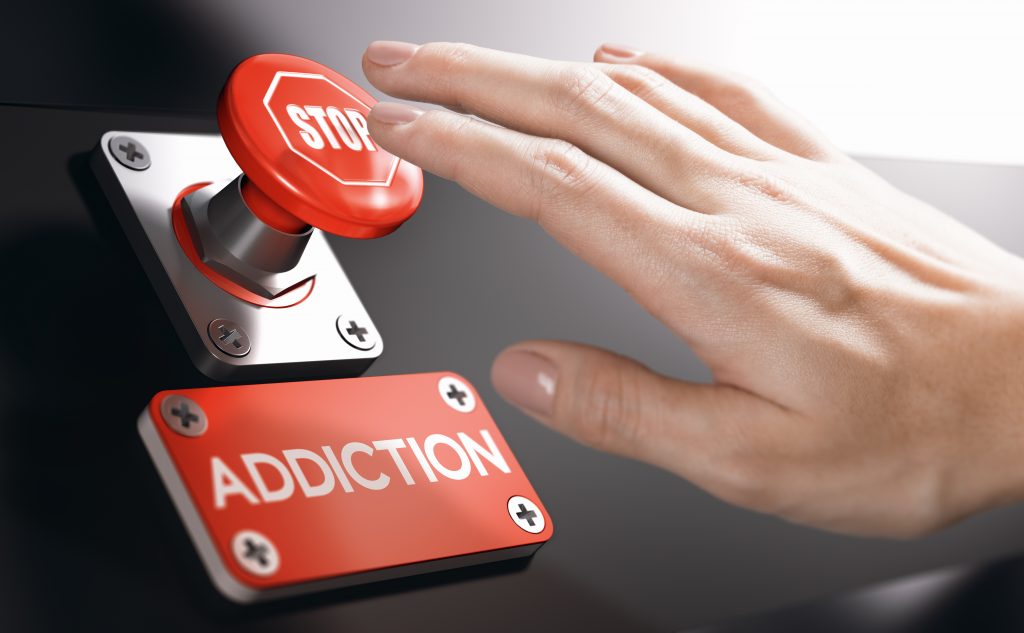
On the bright side, you can properly deal with your gambling issues by understanding your problem, dealing with it, handling triggers to gambling, and finding new safe activities to start your new way of life.
Call Inspire Change Drug Rehab in Vancouver now! Let us help you get past gambling addiction!

